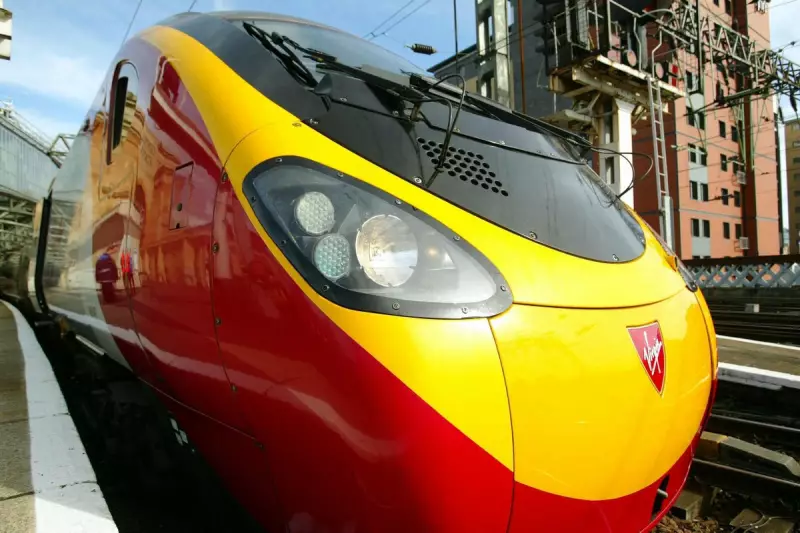
In a move that could revolutionise cross-Channel travel, Sir Richard Branson's Virgin Group has thrown its hat into the ring to operate train services through the Channel Tunnel, potentially ending Eurostar's three-decade monopoly.
The Battle for the Tunnel
Virgin Trains, the company that previously transformed Britain's west coast mainline, has confirmed it is actively pursuing opportunities to run services between London and European destinations including Paris, Brussels, and Amsterdam. This bold initiative comes as the company seeks to expand its rail operations following the loss of its UK franchise in 2019.
The timing is particularly significant as Eurostar faces increased competition and operational challenges in the post-Brexit landscape. With passenger numbers still recovering from pandemic lows, the market appears ripe for disruption.
A New Era for Cross-Channel Travel
Industry insiders suggest Virgin's entry could bring much-needed competition to the route, potentially driving down fares and increasing service frequency. The company is understood to be in discussions with various European rail operators and infrastructure companies to assemble the necessary partnerships.
"Competition breeds innovation and better value for customers," a Virgin spokesperson stated. "We believe there's substantial unmet demand for cross-Channel services, particularly with growing environmental concerns making rail travel increasingly attractive."
Overcoming Operational Hurdles
While the ambition is clear, significant challenges remain. Virgin would need to secure:
- Access rights to Channel Tunnel infrastructure
- Compatible rolling stock that meets safety standards
- Slot allocations at busy European stations
- Customs and border control arrangements post-Brexit
The company is reportedly exploring various options, including potential partnerships with existing European rail operators or acquiring new trains specifically designed for Channel Tunnel operations.
What This Means for Travellers
If successful, Virgin's entry could transform the London-Paris travel market by:
- Introducing competitive pricing on what has been a monopoly route
- Increasing service frequency and destination options
- Bringing Virgin's signature customer service approach to international rail
- Potentially introducing new onboard amenities and booking options
The move represents Branson's latest attempt to disrupt established transport markets, following his successes in aviation and previous rail ventures. With environmental concerns pushing more travellers toward rail over short-haul flights, the timing for such a venture has never been better.
While no firm timeline has been announced, industry observers suggest we could see Virgin trains running through the Channel Tunnel within the next two to three years, marking the most significant shake-up in cross-Channel travel since Eurostar's inception.





